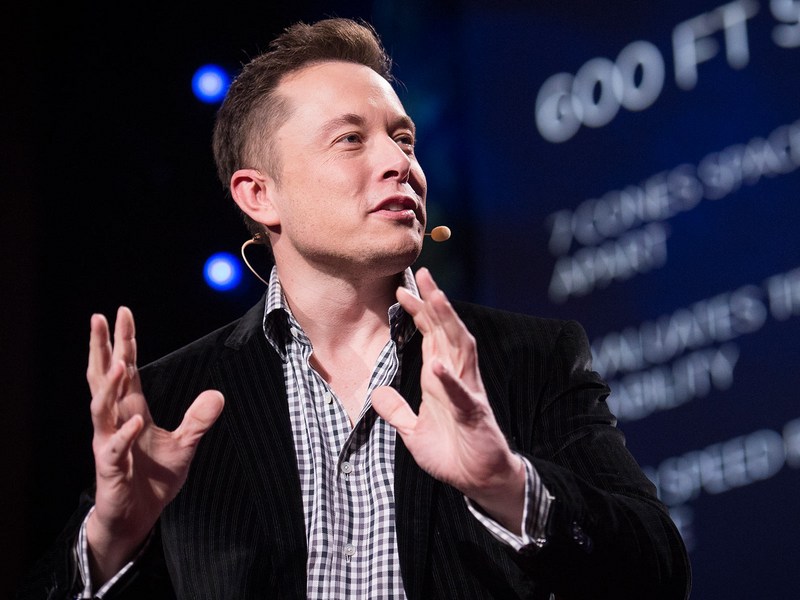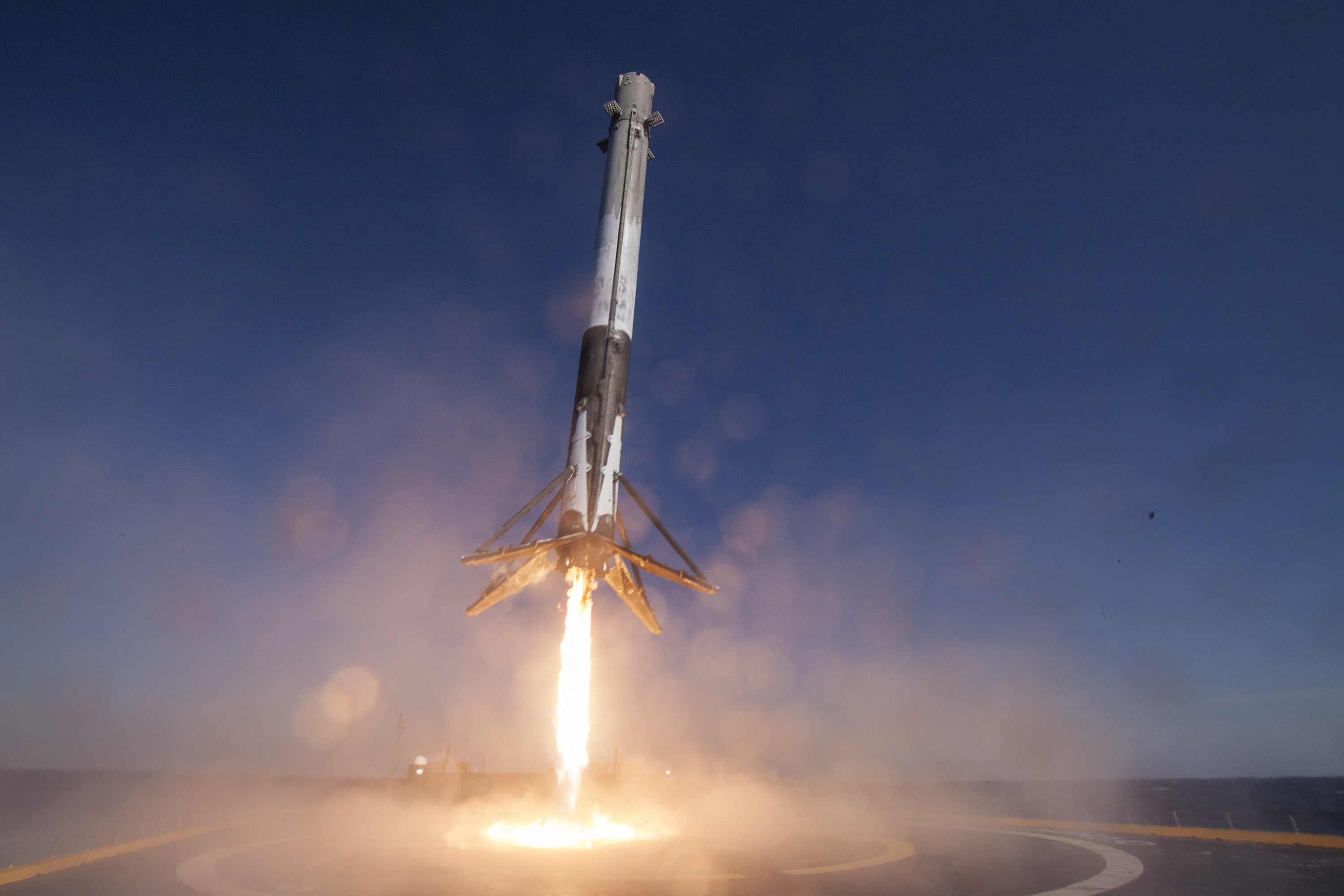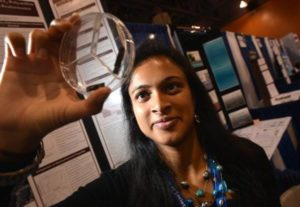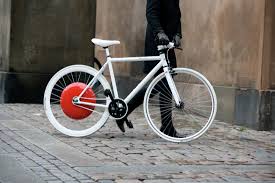
Private space exploration technology corporations are rising fast and are getting closer to commercializing space flight. SpaceX, currently the most successful company in the field, is an American manufacturer with the highest ambitions. They have plans for helping the human race in colonizing the solar system. There first crazy objective is to safely transport humans to mars in hopes of colonization.

SpaceX was founded in June of 2002 by the same entrepreneur who founded Tesla and PayPal, Elon Musk.

On April 8th 2016 the falcon 9 successfully launched and landed. This was a huge step in the right direction, successfully landing with propulsion methods will prove useful for landing on any and all sorts of surfaces within the solar system. A new age of space exploration is almost in reach.
See Musk’s plans in more detail here


